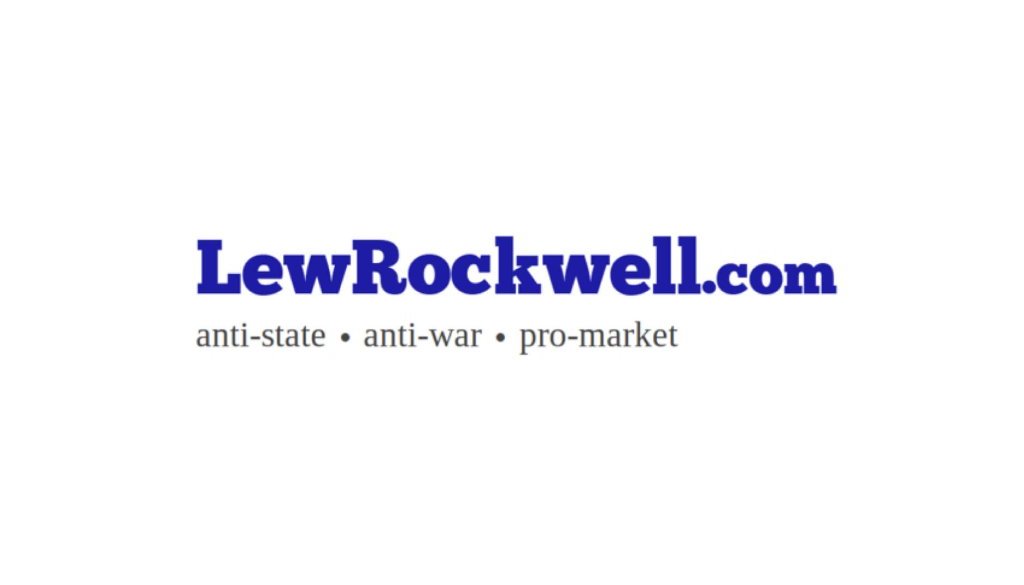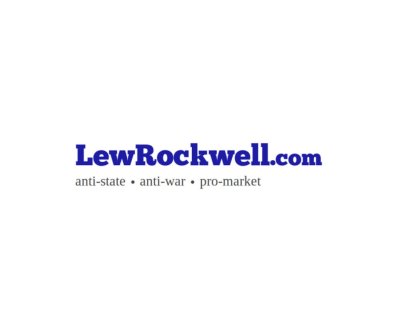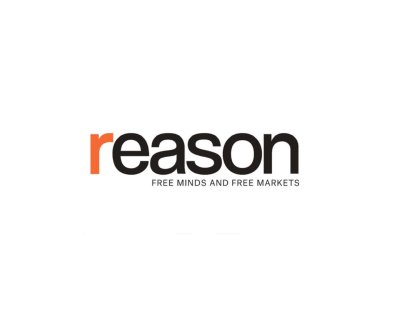At last, Trump Takes Aim at the Public Broadcasting Monopoly
ABOARD AIR FORCE ONE On Thursday, while most Americans slept, a decisive blow was struck in a battle long overdue. President Donald Trump, with the swift stroke of his pen, aimed the lance of executive power at the heart of America’s taxpayer-funded media establishment.
While claiming NPR and PBS produce “biased and partisan news coverage,” Trump’s executive order that defunded them represented not merely a budget decision, but a declaration of independence from a half-century of liberal monopoly over the public airwaves—signals that belong to the American people.
Moreover, the Corporation for Public Broadcasting (CPB) was told to “cancel existing direct funding to the maximum extent allowed by law and … decline to provide future funding” to NPR and PBS. The mere existence of CPB—a publicly funded non-profit—presents a conflict of interest.
Since Congress funds CPB to the tune of half a billion dollars per year, its status as a “private” corporation, while true, is a bit rich, particularly since its top function is as the primary funding mechanism for both NPR and PBS.
Transparent federal support, distinct from CPB, accounts for about 15% of the annual revenue on the PBS ledger. Similar subsidies constitute about 1% of NPR’s annual budget.
Yet, for decades, those warning about the concentration of power in the hands of media elites were roundly dismissed as alarmists. As the years passed, the media concentrated its power even more. A large subset of the American people continued their hunger for an authority figure to guide them, though it would never arrive in a personage.
We got a host of ringers instead. The architects and ambassadors of liberal orthodoxy found a cozy home in America’s mainstream media. As such, its outsized influence over public opinion has no historical analogue.
While Americans passively allow their own abuse at the hands of the media, they have never cottoned to such cruelty when it comes to government power. What gives?
Perhaps a change is on the horizon.
This week, President Trump did what Nixon, Reagan, and both Bushes failed to do. He confronted head-on the entrenched power of public broadcasting, which, for far too long, used the people’s money against the people’s interests.
Thursday’s order struck at the heart of a system that now serves as a mouthpiece for the progressive elite as it unjustly claims the mantle of “objectivity.”
The real significance of this moment, however? It addressed a fundamental paradox in American politics: Conservative votes produce liberal victories.
As Middle America reliably voted for conservative leadership, the cultural and media elite made their long march through our institutions—unopposed—with public broadcasting serving as their taxpayer-funded vanguard.
In 1969, Vice President Spiro T. Agnew delivered his famous “Television News Coverage” speech in Des Moines, where he warned of the “tiny and closed fraternity of privileged men” who controlled the media narrative. The establishment reacted with predictable outrage.
Agnew said this “little group of men … not only enjoy a right of instant rebuttal to every Presidential address, but, more importantly, wield a free hand in selecting, presenting, and interpreting the great issues in our nation.”
Their faces may have changed, but the agenda remains the same. Having been aged in the same fetid barrel for five and a half decades post-Agnew, today’s media may have the appearance of a more re
Article from LewRockwell

LewRockwell.com is a libertarian website that publishes articles, essays, and blog posts advocating for minimal government, free markets, and individual liberty. The site was founded by Lew Rockwell, an American libertarian political commentator, activist, and former congressional staffer. The website often features content that is critical of mainstream politics, state intervention, and foreign policy, among other topics. It is a platform frequently used to disseminate Austrian economics, a school of economic thought that is popular among some libertarians.



